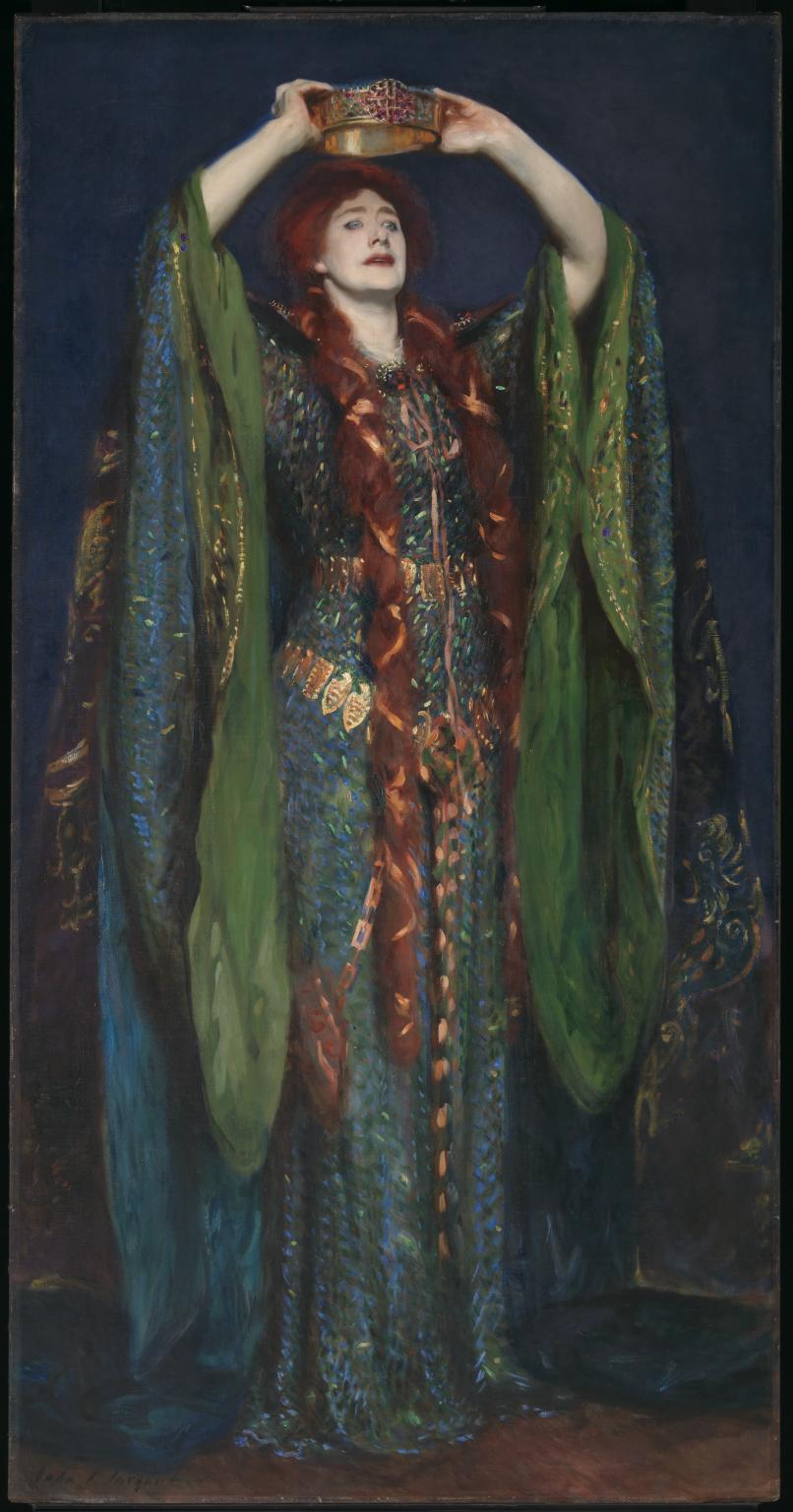55 Feminist Issues in Theatre

In This Chapter
Feminism and the History of Theatre
Feminist issues in theatre history encompass a wide range of topics related to gender inequality, representation, and the exploration of women’s experiences. Throughout history, feminist theater practitioners and scholars have sought to challenge patriarchal norms, advocate for gender equality, and amplify women’s voices on stage.

One central feminist concern in theatre history has been the lack of representation and visibility of women’s stories, perspectives, and experiences on stage. Feminist theater movements have sought to challenge the dominant male-centered narratives and create platforms for women’s voices to be heard.
Historically, women have faced barriers in accessing opportunities in various aspects of theater, including playwriting, directing, producing, and technical roles. Feminist movements have sought to address these inequities and advocate for equal opportunities for women in all areas of theater.

Feminist theater has been instrumental in challenging and subverting gender stereotypes and traditional gender roles. By presenting alternative narratives and exploring non-traditional representations of femininity and masculinity, feminist theater works to challenge societal expectations and norms.
Feminist theater has expanded its focus to include intersectional perspectives, acknowledging that the experiences of women are shaped by other aspects of their identity, such as race, class, sexuality, and disability. Intersectional feminism in theater highlights the interconnectedness of various forms of oppression and seeks to amplify marginalized voices.
Feminist theatre has also engaged with the politics of the female body, challenging objectification, body shaming, and beauty standards. This includes exploring issues such as reproductive rights, sexual autonomy, and the societal pressures faced by women regarding their appearance.

Feminist theatre has sought to reclaim and reimagine female characters from traditional narratives and give them agency and complexity. This involves interrogating and subverting the ways in which women have historically been portrayed and re-centering their experiences as central to the narrative.
Feminist theatre has been a tool for activism and social change, raising awareness about gender-based violence, reproductive rights, gender equality, and other feminist issues. Through performances, theater has the power to inspire audiences and provoke dialogue, contributing to broader social and political movements.
It is important to note that feminist issues in theatre history are multifaceted and have evolved over time. The contributions of feminist theatre practitioners, scholars, and activists have played a crucial role in shaping the field and challenging societal norms and expectations. Further exploration of specific feminist theater movements, works, and practitioners can provide deeper insights into the complexities of feminist issues in theatre history.

Theatre Actresses Advocating for Female Rights
There have been numerous important feminist theatre actresses who have made significant contributions to the field, challenging gender norms and advocating for gender equality.

Considered one of the greatest actresses of the 19th century, Sarah Bernhardt was known for her powerful performances and independent spirit. She often played unconventional and strong female characters, breaking traditional gender stereotypes of the time.
Ellen Terry was a renowned British actress known for her Shakespearean performances and her portrayal of complex female characters. She was an advocate for women’s rights and worked towards changing perceptions of women in the theatre industry. Caryl Churchill is a prominent British playwright and feminist theatre practitioner. Her plays, such as Top Girls and Cloud Nine, challenge gender norms and explore feminist themes. She has been a strong advocate for women’s representation and equality in the theatre.

Glenda Jackson is a British actress and politician known for her powerful performances and outspoken feminist views. She has portrayed strong female characters on stage, including iconic roles such as Queen Elizabeth I and King Lear. Jackson has been an advocate for gender equality and women’s rights. Fiona Shaw is an Irish actress known for her versatile performances and commitment to feminist theatre. She has portrayed complex female characters, including her critically acclaimed portrayal of Medea. Shaw has also directed and adapted feminist plays, showcasing her dedication to gender equality in theatre.
These are just a few examples of the many important feminist theatre actresses who have made significant contributions to the field. Each has brought unique perspectives, challenged gender norms, and worked towards creating more inclusive and equitable spaces within the theatre industry.
Sources
Chinoy, Helen Krich and Linda Walsh Jenkins, Eds. Women in American Theatre. 3rd edition, Theatre Communications Group, 2005.
Canning, Charlotte. Feminist Theatres in the USA: Staging Women’s Experience. 1st edition, Routledge, 1995.
Batra, Kanika. Feminist Visions and Queer Futures in Postcolonial Drama: Community, Kinship, and Citizenship. 1st edition, Routledge, 2012.
Goodman, Lizbeth. Contemporary Feminist Theatres: To Each Her Own (Gender in Performance). 1st edition, Routledge, 2017.
Mendelsohn, Daniel. Gender and the City in Euripides’ Political Plays. 1st edition, Oxford UP, 2003.
Writers, Sangtin and Richa Nagar. Playing with Fire: Feminist Thought and Activism through Seven Lives in India’s Theater. 1st edition, University of Minnesota Press, 2006.
Case, Sue-Ellen. Theatre and Feminism. Red Globe Press, 2008.
Salt, Chrys, Ed. The Methuen Drama Book of Contemporary Monologues for Women. Methuen Drama, 2009.
Chinoy, Helen Krich and Linda Walsh Jenkins. Women in American Theatre: Careers, Images, Movements. Crown, 1981.
Farfan, Penny and Lesley Ferris. Contemporary Women Playwrights: Into the 21st Century. Red Globe Press, 2013.
Ferris, Lesley. Acting Women: Images of Women in Theatre. 1st edition, Macmillan, 1990.
Brooks, H. Actresses, Gender, and the Eighteenth-Century Stage: Playing Women. Macmillan, 2014.
Intersectional feminism acknowledges that there is an inseparability of race, gender, sexuality, and disability (as well as other aspects of identity). It shows that different kinds of prejudice can be amplified in different ways when put together. This means that not all women face the same amounts of prejudice or discrimination.

